- ABOUT
arrow_drop_down
- PUBLISHING
arrow_drop_down
- CONFERENCES
arrow_drop_down
- Overview
arrow_drop_down
- Past Speakers
- Host Requirements
- Sponsorship Opportunities
arrow_drop_down
- Search All
arrow_drop_down
- Search by Subject
arrow_drop_down
- Sustainability
- United Nations
- Diaspora
- Africa
arrow_drop_down
- MENA
- Policy
arrow_drop_down
- Climate Change
- Health
arrow_drop_down
- Education
arrow_drop_down
- Women
- Youth
- Leadership
- Business
arrow_drop_down
- Overview
- ACADEMY
arrow_drop_down
- Overview
- Training
arrow_drop_down
- Overview
- Search All
arrow_drop_down
- Forthcoming
- Past
- Search by Levels
arrow_drop_down
- Search By Subject
arrow_drop_down
- SUSTAINABILITY MASTERCLASS
arrow_drop_down
- PUBLIC POLICY
arrow_drop_down
- Public Policy
- Education
- Higher Education
- Health
arrow_drop_down
- Women
- Youth
- Security
- DIGITAL TRANSFORMATION
arrow_drop_down
- BUSINESS & MANAGEMENT
arrow_drop_down
- SUSTAINABILITY MASTERCLASS
- Workshops
- Teaching
arrow_drop_down
- Framework
- Universities
arrow_drop_down
- SDGs Universities
arrow_drop_down
- African Universities
arrow_drop_down
- Arab Universities
arrow_drop_down
- Sudan Universities
arrow_drop_down
- Islamic Universities
- Women Universities
- SDGs Universities
- Research
arrow_drop_down
- Consultancy
arrow_drop_down
- COMMUNITY
arrow_drop_down
- EXPERTS
arrow_drop_down
- Overview
- Global Who’sWho
arrow_drop_down
- Women Who’sWho
- Diaspora Who’sWho
- Arab Who’sWho
arrow_drop_down
- Africa Who’sWho
arrow_drop_down
- Sudan Who’sWho
arrow_drop_down
- Interactive Map
- Sudan Doctors
arrow_drop_down
- PARTNERSHIPS
arrow_drop_down
- NEWS
- RESOURCES
arrow_drop_down
- Digital Library
- Book Store
- World Organisations
arrow_drop_down
- Search All
arrow_drop_down
- IATA
- United Nations
- International
- Foundations
- Private Sector
arrow_drop_down
- Financial Institutions
arrow_drop_down
- Think Tanks
- Libraries
- NGOs
- Students
- Research
- Search All
UNESCO Chair on Transfer of Technology (UNESCOTT) United Nations
WASD and UNESCO have been collaborating and engaging in various activities for very long time. These collaborations and engagements activities between WASD and UNESCO represented in itself a partnership at the global level, as required for the implementation of the 2030 Agenda. In the period 24-25 January 2009, Brighton, UK, WASD hosted, in collaboration of UNESCO Chair on Transfer of Technology (UNESCOTT), the Science and Technology Policy Research Unit (SPRU), University of Sussex, UK, the inaugural international conference of WASD’s Diaspora International Initiative entitled “The Role of Diaspora in Technology Transfer and Achieving Sustainable Development in Sudan” and since then there has been significant participation of Diaspora from all over the world during all the conferences.
WASD and UNESCO have been collaborating and engaging in various activities for very long time. These collaborations and engagements activities between WASD and UNESCO represented in itself a partnership at the global level, as required for the implementation of the 2030 Agenda.
In 2008, WASD hosted, in collaboration of UNESCO Chair on Transfer of Technology (UNESCOTT), the inaugural meeting of WASD’s Diaspora International Initiative and since then there has been significant participation of Diaspora from all over the world during all the conferences. Moreover, in 2018, with participation from JIU, WASD collaborated with UNICEF UK in London as a continuation of the Diaspora initiative. Indeed, there is increased awareness within the United Nations system that Diaspora should not be seen only as contributors to the GDP of developing countries by way of their remittances, but also as bridge builders at global level.
Multi-stakeholder forums are occasionally convened by the UN, to discuss human rights, environmental or development matters with official delegates from Member States, but the academic world has rarely been engaged in such a close debate on issues of common interest in relation with sustainable development and the role of the private sector. All three parties (academic, private sector and United Nations officials) found useful and inspiring cross-fertilization of ideas and perspectives triggered by these various engagements activities including various conferences and roundtables.
The usefulness of such interaction between WASD and the United Nations system and the academic world in general is demonstrated by other thematic areas on which the academic interest coincided with the JIU professional work. In 2017, WASD President participated in the JIU Conference on knowledge management and JIU was represented in the WASD Conference held in Manama. For the first time ever, a JIU Inspector and an academic co-authored a paper, which is published WASD Outlook 2018.
In addition to JIU, in 2008, WASD hosted, in collaboration of UNESCO, the inaugural meeting of WASD’s Diaspora International Initiative and since then there has been significant participation of Diaspora from all over the world during all the conferences. Moreover, in 2018, with participation from JIU, WASD collaborated with UNICEF UK in London as a continuation of the Diaspora initiative. Indeed, there is increased awareness within the United Nations system that Diaspora should not be seen only as contributors to the GDP of developing countries by way of their remittances, but also as bridge builders at global level.
WASD is very grateful and highly appreciate all the generosity of the various UN organizations particularly JIU for providing WASD with the unprecedented opportunity for its members and partners, from universities across the world, to engage into a highly informative and professional discussions on the 2030 Agenda and to hear directly from heads of United Nations organizations and international experts during the various events. WASD is also very grateful for JIU’s highly professional and dedicated staff for all their help and support during the various engagements and events. Moreover, the academic network of WASD appreciates the opportunities it has been given for the first time to express their views and thoughts about the role of policy research in the implementation of the 2030 Agenda.
